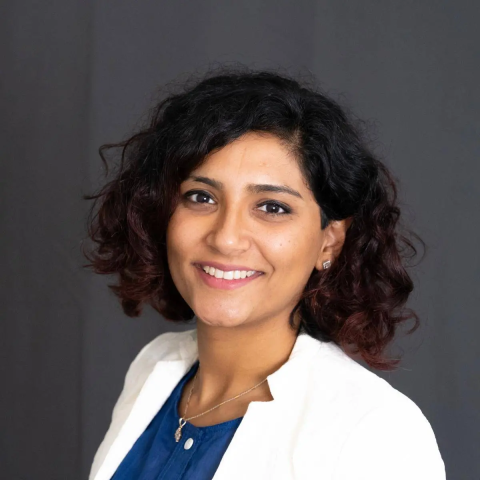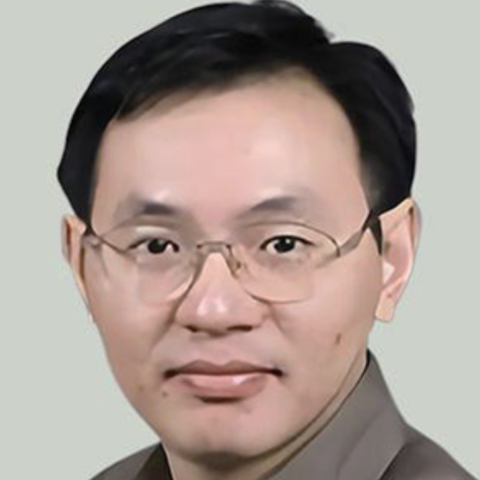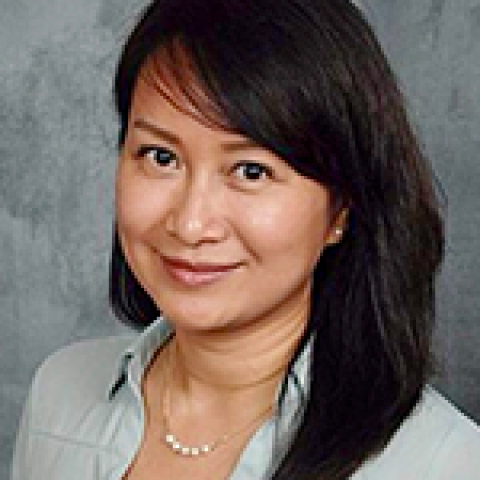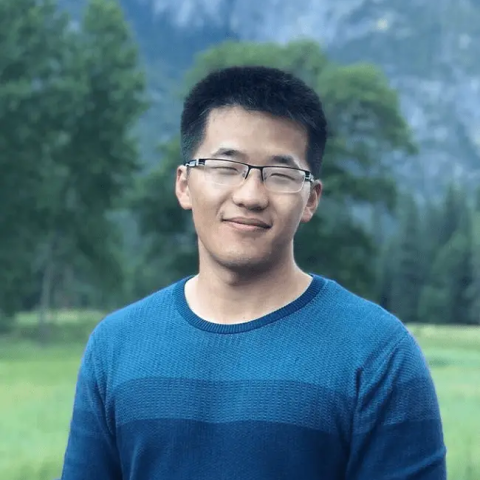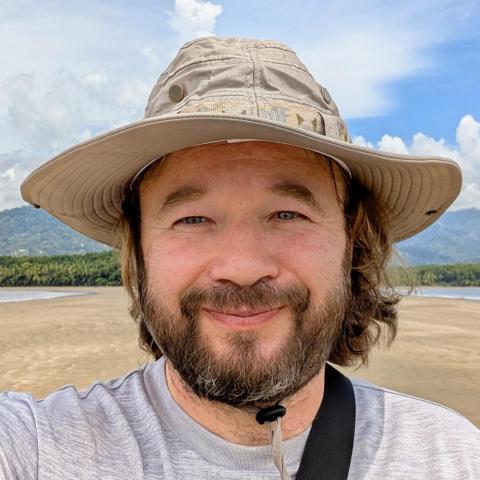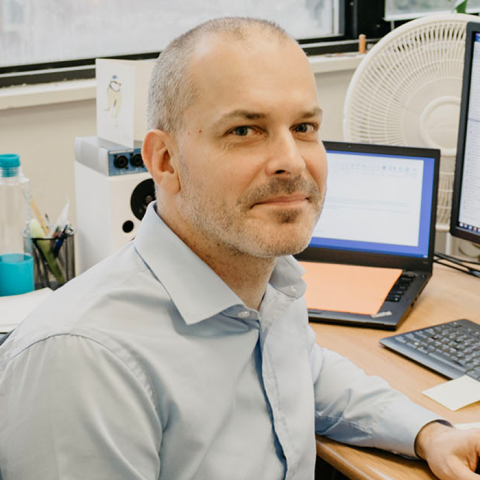Dr. Fang (Cherry) Liu is a Research Scientist at Partnership for Advanced Computing Environment (PACE) center at Georgia Tech. She actively provides expert diagnosis and resolution of complex technical issues with High Performance Computing (HPC) resources; leverages HPC software and application stack, including compilers, scientific libraries and user applications to effectively run on HPC environment; educates campus-wide HPC community, teaching courses including introduction to Linux, intermediate Linux, introduction to Python and Python for Data Analysis courses; and does on-going research on big data with school of computational science and engineering (CSE) faculties. She is awarded the title of Adjunct Associate Professor by CSE to better serve campus HPC community in both teaching and research.
Before joining Georgia Tech, she was an assistant scientist at mathematics and computational science division at Department of Energy (USDOE) Ames Laboratory, where she gained extensive experience with multi-disciplinary research team and worked closely with world-class domain scientists from physics, chemistry and fusion energy. The projects she participated in included scientific workflows and data management system for nuclear physics applications, GPU computing for large scale quantum chemistry applications, concurrent data processing for fusion simulation through distributed component infrastructure, and so much more.
Her research interests broadly span parallel/distributed scientific computing, software interface design for monolithic scientific applications, multi-physics and multi-code coupling, multilevel parallelism support for Multi-Physics coupling, data management and provenance for scientific applications, big data infrastructure design and implementation, and data analytics for large graph dataset.She has been served as program committee member for various conferences including HPC, ICCS, ICCSA, CBHPC, ICPP, and she also was vice program general chair, program general chair for HPC2012 and HPC2013, now she sits in program steering committee for HPC since 2014.
Currently her primary interest focuses on tackling big data issues with using Hadoop and Spark in graph database, security and streaming data, while she is closely working with professor Polo Chau's group.
Dr. Liu graduated from Indiana University at Bloomington in 2009 with a Ph.D. degree in Computer Science. Her dissertation titled, "Building Sparse Linear Solver Component for Large Scale Scientific Simulation and Multi-physics Coupling," and her Ph.D. advisor was Professor Randall Bramley.
